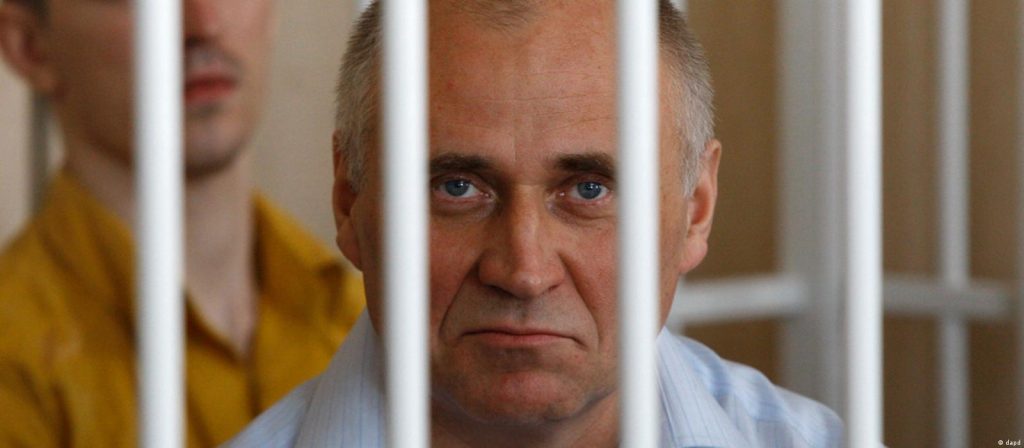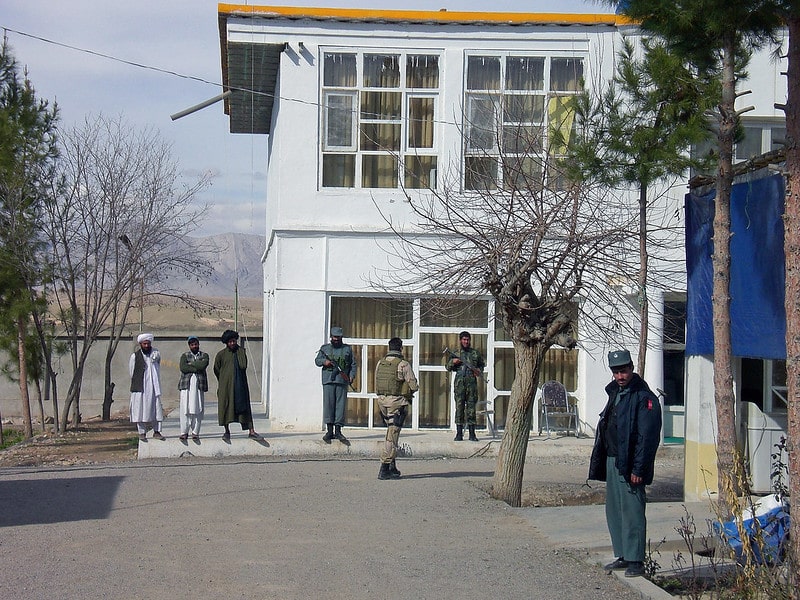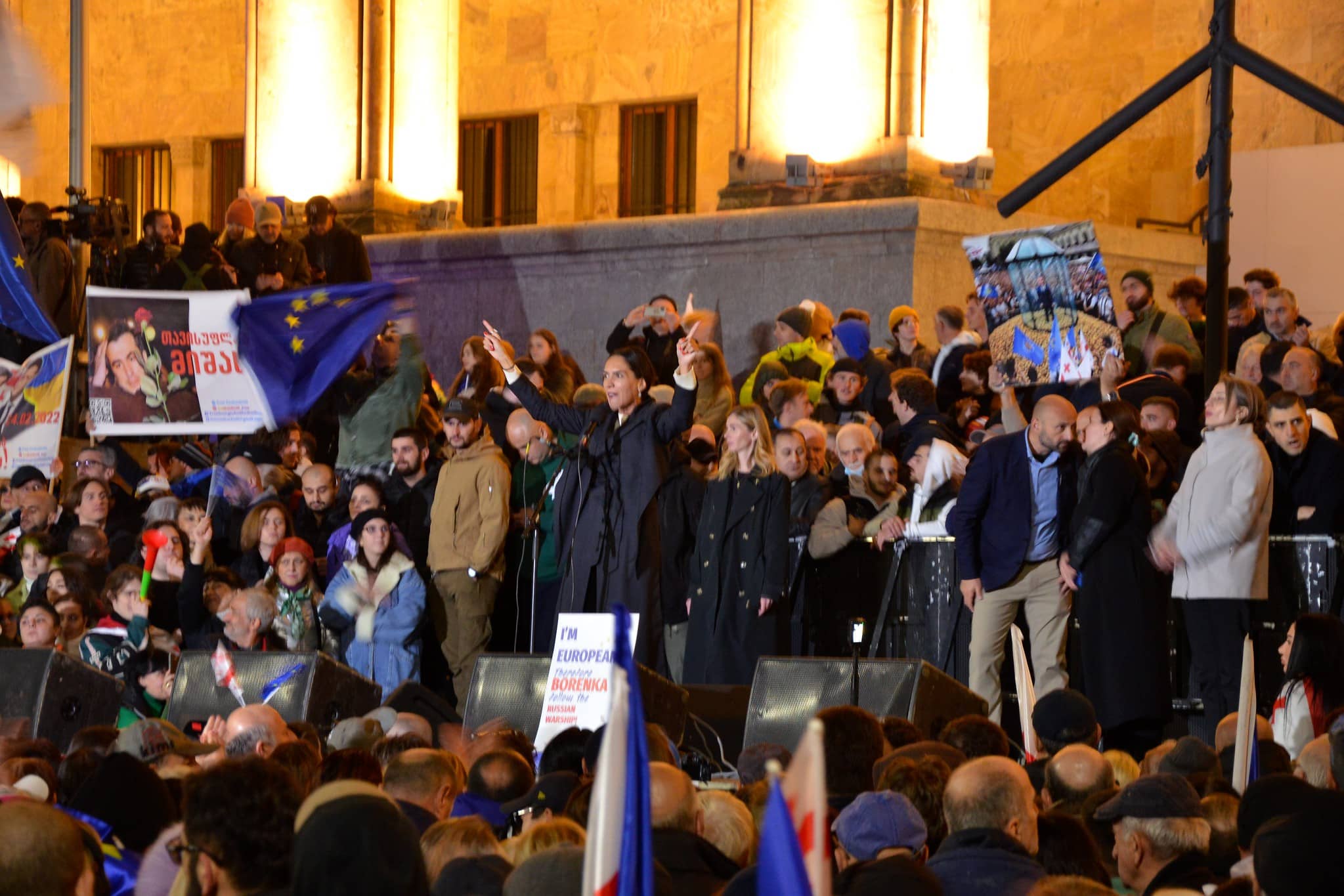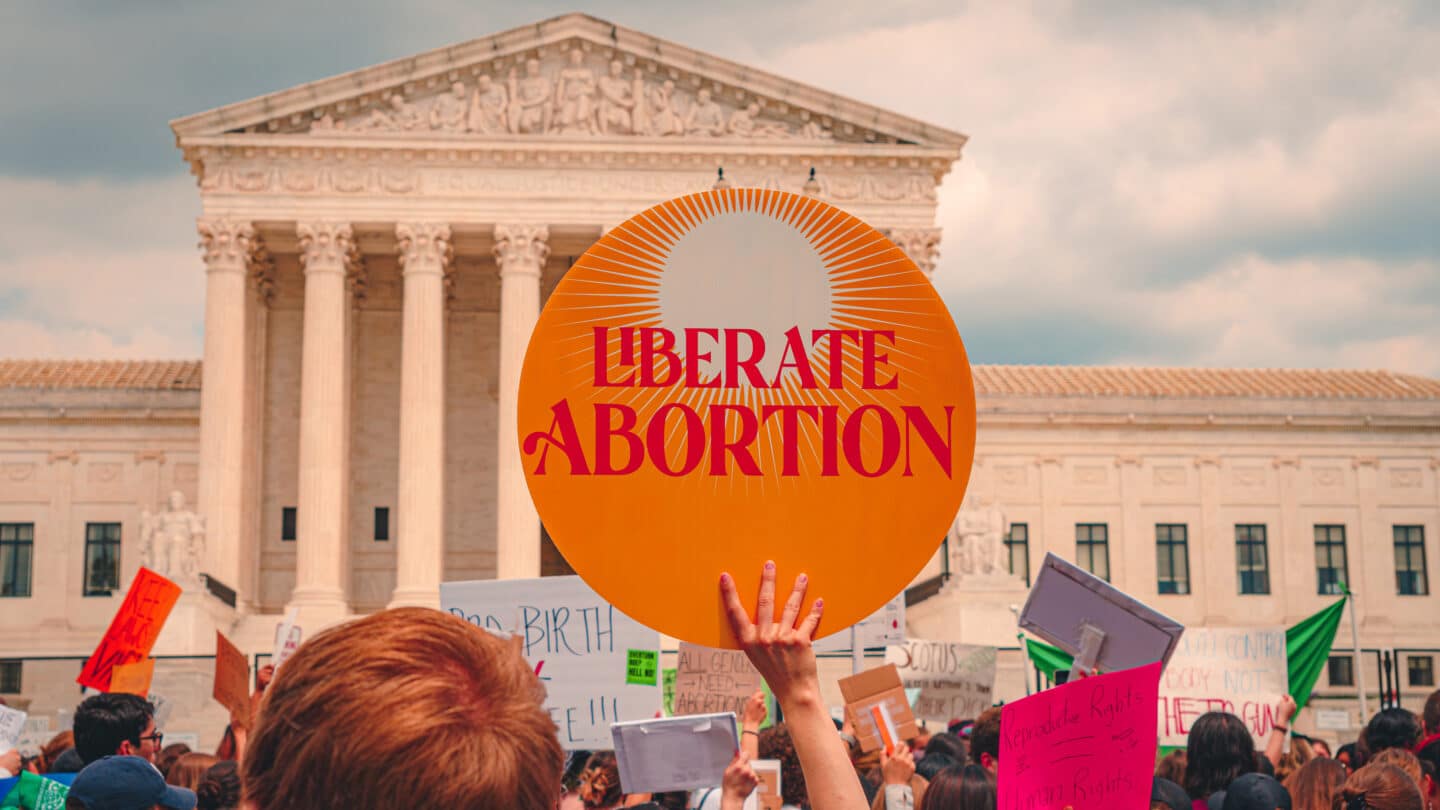Military analyses from the penal camp
Nikolay Statkevich is chairman of the Social Democratic Party 'Narodnaya Gromada' in Belarus. Under Alexander Lukashenko's regime, he had previously spent eight years in various prisons and camps because of his political activities. A few months before the 2020 presidential elections and subsequent mass protests, he was abducted in broad daylight by the KGB secret service. After a year and a half in pre-trial detention, the former soldier was sentenced again in a monster trial against the opposition in December 2021. This time the verdict was 14 years in a penal camp.
Alone in the cell
In June this year, the Belarusian politician was transferred from Homel to a special regime camp in Glubokoje in the Vitebsk region. Detainees in Glubokoje are held in cells rather than barracks. Freedom of movement there is much more restricted than in other camps. The 66-year-old political prisoner is alone in a 1-by-3-metre cell. For feigned offences, he repeatedly ends up in a punishment cell where conditions are even more harrowing. On 22 August, Nikolai Statkevich wrote in ironic terms to his wife Marina Adamovich:
"The main event: I am in another cell. One that is no less than 7 cm wider than the previous one, allowing me to take five steps, albeit zigzagging. This has significantly intensified my fitness programme. I do three walks of 30-40 minutes during the day and another 20-30 minutes in the evening. After lunch, I do weightlifting, for which I have a 1.5-litre bottle filled with water. I press the weight 800 times a day and think it will become even more with time:)."
Hygiene is not too good in the cells: "There is a real farm here. Rats keep coming in from an alcove under the window side. First a very fat, arrogant one came in. He didn't greet, didn't ask anything, just looked around cheekily. Then he returned with his girl, who came alone after that. She was neatly groomed, white on the side with a black back. She always greeted and also neatly begged for food. I didn't let myself be swayed until she brought her baby. At that point, I succumbed to her cynical blackmail. Since then, there have been more and more of them. On the windowsill, there is sometimes a whole family with young. I suspect they lend their children to each other to better appeal to my mood:)"
Founder of the army of Belarus
Statkevich completed his training as an officer at the Military Academy in Minsk in the 1970s. He was part of the Soviet Army and the National Army of Belarus for a total of 20 years. Even before the collapse of the Soviet Union, he laid the foundations for building the national armed forces. The only high-ranking military officer in Belarus, he fiercely agitated against the 1991 revanchist coup in Moscow. Thanks to his efforts, no military actions in support were taken in the Soviet republic. He also had it laid down by law that Belarusian troops could never be deployed outside the country's borders. Statkevich was dismissed during Lukashenko's major purge of the army in the mid-1990s. Twenty years on, the self-styled dictator had the law on deployment of troops abroad cancelled.
Military analyses
Marina Adamovich made available portions of correspondence with her husband. I quote his comments on the acts of war which, thanks to information from letters and reading between the lines of radio messages in his isolation, he knows how to analyse unerringly:
15 May: "Thanks for the information on the Ukrainian front. It is clear that the Russians planned a breakthrough of the Mikolajiv-Odessa line before 9 May (day of victory over Nazi Germany, nvda). Apparently, the demonstration of Russian troops in Transnistria and the military exercises in Belarus had to impress the Ukrainian army before that. I was reminded that the Finnish-Russian Winter War of 1939-1940 was also called 'Finnish operation' by the Kremlin in its early stages."
June 5: "I think the front will remain stable. The Ukrainians will no longer allow a quick breakthrough, and a slow advance will be linked to big losses for the Russians. This will be even more true in autumn, because then the transport of heavy engineering will take a long time due to continuous rainfall and loose earth."
September 29: "The Russian mobilisation was triggered by a banal shortage of men in the land forces. A mobilised army is worse armed and worse prepared. Motivation is also much lower. The number of casualties will skyrocket due to mobilisation. And what's more, the popularity of war among the population will decline rapidly. Sitting in front of the television and cheering on 'our boys' is very different from knowing that on the battlefield a close relative could die at any moment. And entirely different from lying under artillery fire in a frozen trench yourself. It seems that the Kremlin no longer knows how to extricate itself from the war."
October 10: "The Kremlin's decision to annex the four Ukrainian territories has surprised me. Now there is no more room for negotiations between Moscow and Kiev. All that remains is war and to wait and see who has the longest breath."
November 10: "Yesterday I heard that Moscow is withdrawing its troops from the right bank. There is a lot of varying information, so I don't know what the motivation is for such a decision. Either Ukrainian troops are almost breaking through the Cherson defence line or there is a sober understanding that the positions, cut off from supply by a very wide river, cannot be held anyway. Either way, the defensive front is shrinking considerably. Ukraine has eliminated the threat to its ports and can destroy water supply structures from the Dnieper to Crimea. But there is another nuance. I have written before that by officially annexing four Ukrainian regions, Moscow has deprived Kiev of a basis for possible negotiations. After all, what is there to talk about now - recognition of the annexation? Now Moscow, by voluntarily giving up its "official territory", is indicating that for other "real reasons negotiations are desirable". I don't think Kiev will agree to negotiations. But maybe there is a small chance anyway..."
Visit prohibited
While the battle in Ukraine is being fought on the battlefield, several thousand Belarusians are fighting on from behind bars. "Don't worry about me, as a true Belarusian I am used to solitary confinement," Nikolay Statkevich said. After yet another days-long confinement in the damp punishment cell, the leader of the Social Democrats is said to have contracted pneumonia. His lawyer wanted to visit him recently, but received zero response. On the grounds of illness, the camp management prohibited the lawyer from visiting his client. All other visits were already not allowed before that. Indeed, for Nikolai Statkevich, the already very few rights of detainees in Glubokoye are further restricted: complete isolation from the other prisoners, no visits, no walk in the courtyard, no packages and no monthly phone calls. Only after sentencing and during the appeal did Marina Adamovich get to see and speak to her husband through bulletproof glass for a few minutes.
The above article is part of the book 'How Putin bit his teeth', which will be published on 24 February, one year after the war began. This journalistic work on the Russian invasion of Ukraine contains background articles, a chronology of events and in-depth interviews with frontline fighters, politicians, musicians, theatre staff and others involved, in addition to background articles. Subscribe now for an exclusive copy on the book café.





